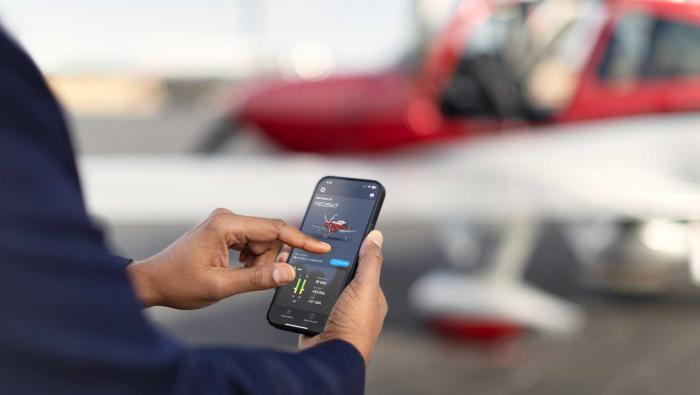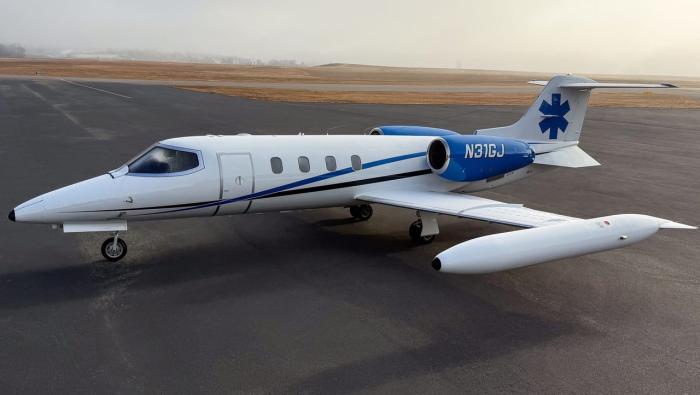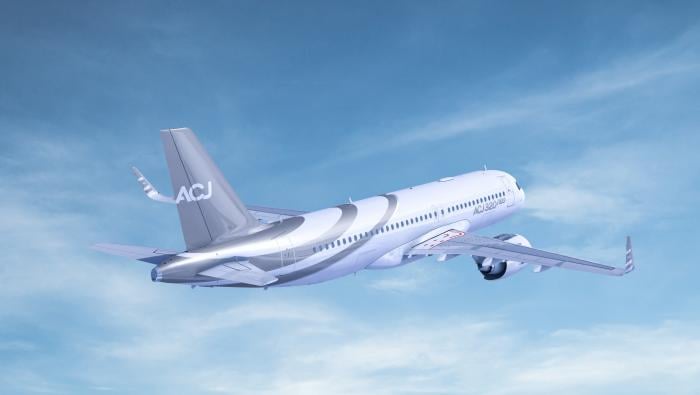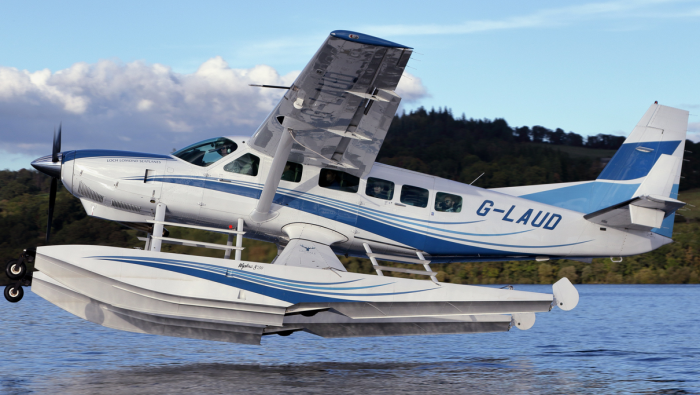Boeing sees little chance that it will have to cut production of the 777 during the transition to the 777X, notwithstanding recent conjecture from analysts that a so-called sales “drought” since the launch of the program during last year’s Dubai Air Show could portend a period of market weakness–and a possibility that it won’t find enough orders to maintain its 8.3-per-month rate into 2020.
“I don’t envision that we’re going to have difficulty filling the capacity that we’re producing at through the transition to the 777X,” John Wojick, Boeing Commercial Airplanes senior vice president of global sales and marketing, told AIN just before the start of the Farnborough show.
By the third week of June Boeing (Chalet B6) was holding firm orders for 283 still undelivered 777-300ERs, representing roughly three years’ worth of backlog. “So half of the problem is already solved,” said Wojick. “If we continue to see demand like we did last year and continue to see this year…that’s the kind of sales momentum we need to fill that skyline and manage the transition to the 777X.”
Apart from the huge 777X launch commitments announced in Dubai from three separate customers, Boeing last year collected firm orders for forty-four 777-300ERs. All told, as of mid-June, Boeing had collected firm orders for 394 airplanes.
Airshow Orders
Wojick said the company wouldn’t try to replicate at Farnborough the extraordinary sales feat it achieved in Dubai, notwithstanding positive signals from the market of a likely breakthrough in the widebody category between the time he spoke with AIN in mid-June and the first day of the show.
“We had a tremendous Dubai Air Show,” he said. “A lot of that was associated with the airlines wanting to make announcements at the Dubai Air Show and wanting to close business [there] real time. That was just a phenomenal day and a phenomenal situation. We couldn’t have planned it if we wanted to. And we’re certainly not going to try to do that for Farnborough or Paris or any other air show.”
Airbus, conversely, seemed likely to generate a lot of buzz over sales at this year’s Farnborough show, judging by the signals it has sent about a healthy sales year in 2014 and the comparatively few orders–roughly 130–it had collected as of mid-June, opined Boeing Commercial Airplanes vice president of marketing Randy Tinseth. “If you take a look at the other guys, they’ve talked about how this is going to be a good order year for them,” said Tinseth. “I think they have some plans to announce some orders at the show.”
Regardless of which company wins the often-contrived airshow orders contest, Boeing continues to assert that deliveries, more than orders, represent the ultimate measure of market success. “My objective is to continue to keep very full, very solid production going forward,” said Wojick. “Getting lots of orders is important because obviously it gives you confidence that you can fill that production rate and keep the production growing. But it’s really all about deliveries and being able to make sure that the airplanes we’ve sold actually deliver.”
Geographic Diversity
Tinseth stressed that the recent delivery lead taken by Boeing over the last two years reflects the quality of Boeing’s backlog, as opposed to the size advantage Airbus enjoys. Even in terms of geographic diversity, neither Tinseth nor Wojick would concede any deficiency compared with Airbus.
“We learned a lot in 2001 about geographic diversity,” said Wojick. “We had a tremendous concentration in the United States at the time and it hurt us very badly when most of our large customers in the United States couldn’t possibly take the airplanes that they had on order. We did some pretty dramatic things to work through that time… Having a geographically diverse base is very important to us now. We learned that lesson.”
In fact, Boeing managed to maintain production rates through the recession that began in 2008 in the U.S. and spread into Europe largely due to strong demand in Asia–demand the company expects will continue to grow faster than in any other region over the next 20 years. Worldwide, passenger traffic continues to grow at a rate of 6 percent a year.
Even the cargo market has rebounded this year to a level that suggests a 4-percent rate of growth. “We see our customers profitable, we see them managing their business, we see diversity in the market…the market’s in a good place right now,” said Tinseth.
“There’s still work to be done [in cargo]. But we’ve seen now almost a full year of growth in that market. We’re starting to see freighter utilization go up, which means that they’re using their assets more. There’s still a bit of overcapacity in their market; there’s no question about that because we have some issues with some yields and revenue for the airlines but we’re on the right track again.”
A rebound in cargo stands to lighten spirits among 747-8 salespeople, whose undeniable struggles placing the latest version of Boeing’s jumbo jet has bred what most in the company would consider uninformed predictions of a premature demise. Still, Boeing’s book-to-bill ratio last year nearly reached 1:1, as it sold 17 airplanes to five different customers while producing 18, even in a still weak cargo market, noted Wojick. This year Boeing expects Korean Air and Air China to join Lufthansa on its customer list for the passenger version, the Intercontinental. “The more these airplanes get out and compete, I think the better they’ll do,” added Tinseth, who said he expected that Intercontinentals eventually would account for roughly 50 percent of the future orderbook.
Wojick confirmed reports that he has talked to Emirates Airline about a potential 747-8 order. “Airbus is talking about re-engining the [A380], and [Emirates CEO] Tim [Clark] is encouraging them,” said Wojick. “And the engine they’re going to re-engine it with is the engine we already have on the 747-8, so we think that airplane provides the sort of fuel efficiency they’re looking for in a re-engined A380.”







